
The Balkan nations of Romania and Bulgaria are now part of Europe’s Schengen Area, having joined on 31 March 2024.
The change means that you can now travel freely between Romania, Bulgaria and the other 27 Schengen Area countries. Border checks at airports and sea ports have already been lifted, so you won’t need to clear passport control any more when flying from other Schengen Area countries into cities such as Bucharest, Cluj, Sofia and Varna.
The European Council has yet to announce a date for the removal of land border checks between Romania, Bulgaria and Schengen member states at road checkpoints. However, the intention is for these checks to also be removed.
The European Commission began the process of integrating Romania and Bulgaria into the Schengen Area in 2011.
Croatia joined the Schengen Area in 2023
Before Romania and Bulgaria, Croatia was the most recent country to become part of the Schengen travel zone.
Croatia joined on 1 January 2023, also adopting the Euro as its new currency from the same date. Croatia’s previous currency, the kuna, was phased out at the end of 2022.
Home to picturesque cities including Zagreb, Split and Dubrovnik, Croatia is a popular tourist destination. Much of the Game of Thrones series was also filmed in Croatia, which has added to its popularity in recent years. (Just as you can visit Lord of the Rings filming locations in New Zealand, Croatia has become a bit of a tourist destination for Game of Thrones fans.)

The Schengen Area
The Schengen Area is a travel zone comprising of 29 European countries. Within the Schengen Area, free movement is generally permitted and there are no border checks between Schengen countries (except currently for the land borders in/out of Bulgaria and Romania).
Most Australian tourists can travel for up to 90 out of every 180 days within the Schengen Area without a visa. Romania and Bulgaria’s entries into the Schengen Area means that time spent in those countries will now count towards that 90/180 day limit.
While most European Union members are also part of the Schengen Area, and vice versa, there are exceptions.
There are still two European Union member nations that are not part of the Schengen Area: Ireland and Cyprus. The latter is expected to join in the future.
There are also several Schengen Area countries that are not part of the European Union: Switzerland, Norway, Liechtenstein and Iceland.
ETIAS launching in 2025
Most Australians do not need a visa to travel to Europe for a holiday. However, the European Commission is preparing to introduce a European Travel Information and Authorisation System (ETIAS) in 2025.
This date has already been pushed back a few times. The 2025 start date is not yet fixed.
Once this system is eventually introduced, non-EU nationals who don’t need a visa to travel to Europe will be required to apply for an ETIAS ahead of travel. There will be a cost of around €7 (~AU$11) for this.
The ETIAS will be valid either for 3 years or until your current passport expires (whichever is sooner). It can be used to enter the Schengen Area multiple times, similar to the current “ESTA” visa waiver program in the United States.


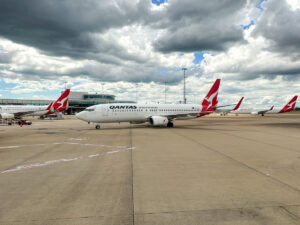
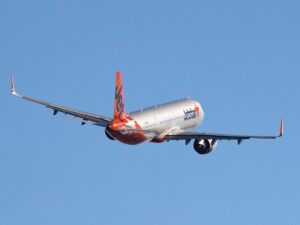



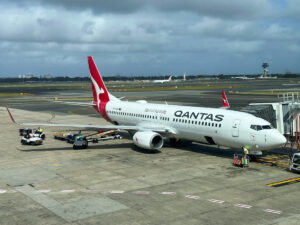












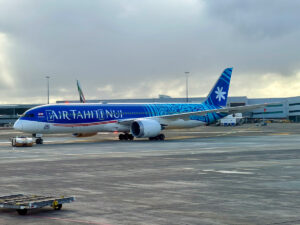







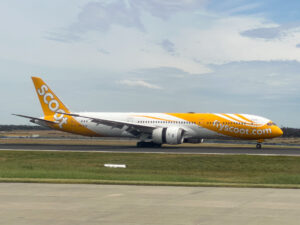








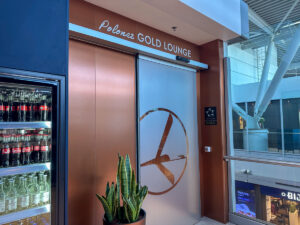










































Community Comments
Loading new replies...
Join the full discussion at the Australian Frequent Flyer →